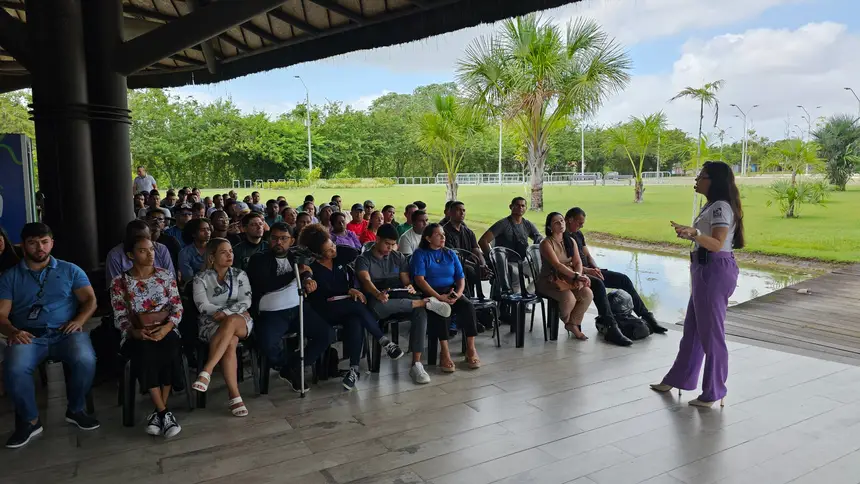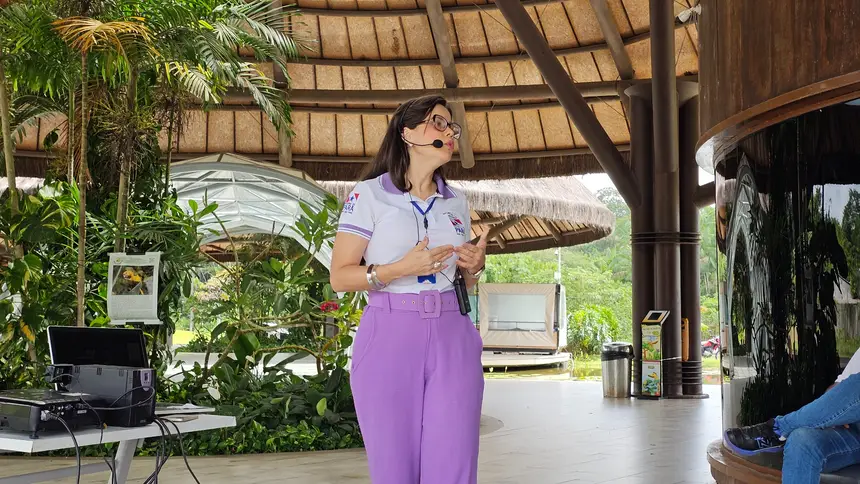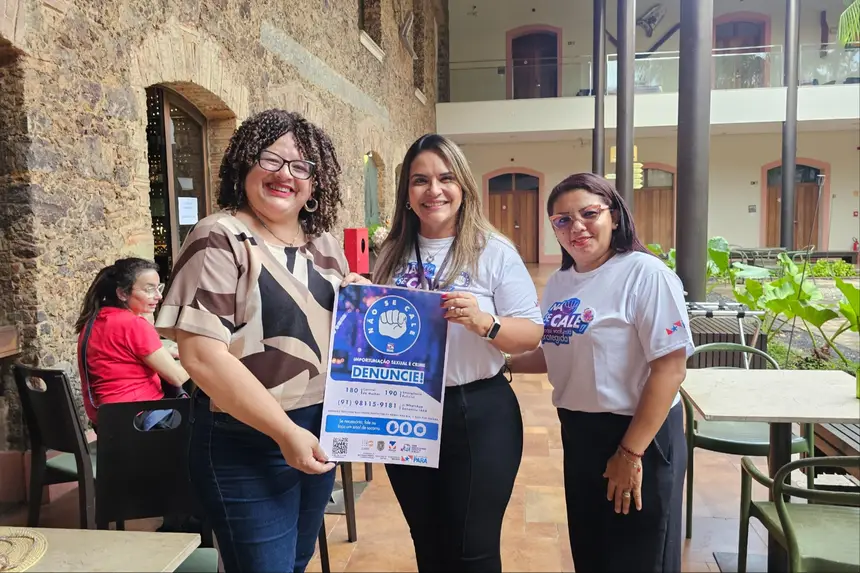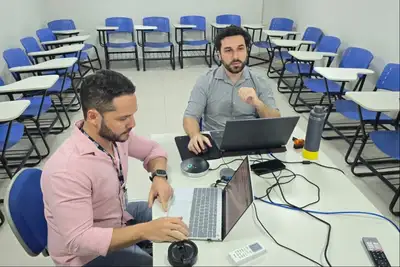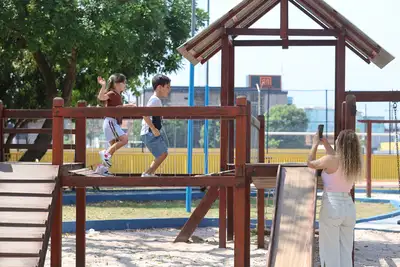Trainings Strengthen the Fight Against Violence Against Women in Pará
The protocol "Don't Stay Silent", created by the state government, aims to confront violence against women in entertainment venues such as bars, restaurants, nightclubs, and similar establishments.
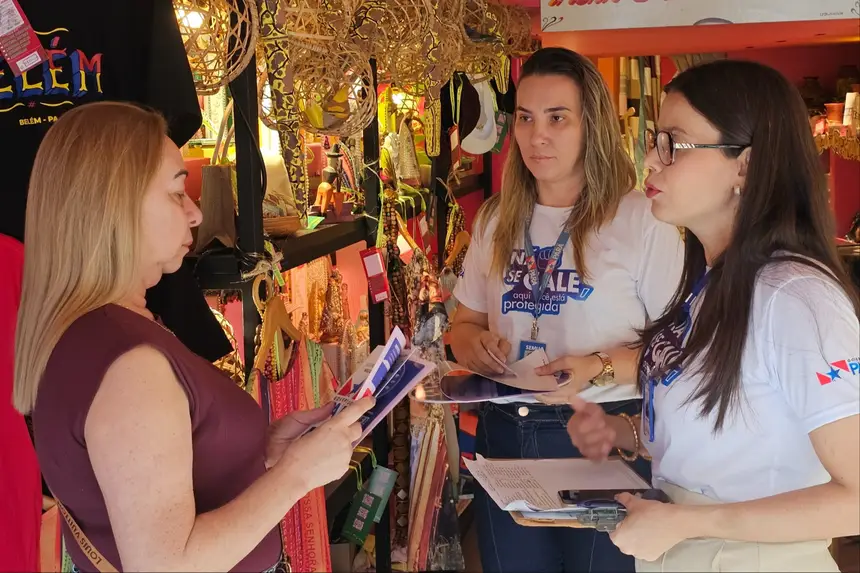
Working on prevention, welcoming, and protecting women who feel at risk in entertainment venues such as bars, restaurants, nightclubs, and similar establishments is the main focus of the training promoted by the state government to strengthen the protocol "Don't Stay Silent" in Pará.
"This is one of the most important policies that the state has been strengthening to ensure that women can live with more safety and freedom. The protocol arises from the commitment to make these social spaces places of respect, above all. We fight for society, together with the public power, to build a solid network of protection for women. We cannot remain silent in the face of violence, and we act seriously to guarantee rights," emphasizes the Secretary of State for Women (Semu), Paula Gomes.
The school psychologist from the State Department of Education of Pará (Seduc), Teodomiro Cantuária, who has already taken the course 'Facilitator of Positive Masculinities in Preventing Violence Against Girls and Women', also participated in the training on the protocol "Don't Stay Silent". According to the psychologist, the training helps to understand the different forms of violence that women suffer, such as: physical, sexual, property, psychological, and financial.
"This training is a differential milestone in life, especially for men, as it begins to create an intimate moment with their upbringing, seeks to understand the different forms of abuse that women suffer, and how we, men, can help women in this fight against gender differences. We need to be allies in reporting these crimes," highlights the server.
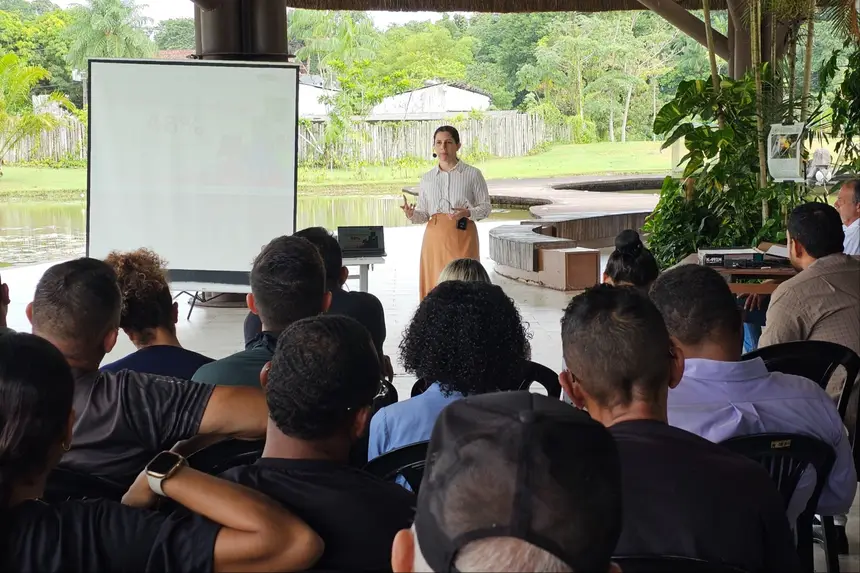
Protocol
State Law No. 9.238/2021 and Decree No. 3.643/2024 establish the protocol "Don't Stay Silent", with very objective procedures, so that these entertainment spaces adopt concrete actions for prevention, welcoming, and protection of women who feel at risk. The protocol follows the guidelines for immediate support and protection of victims and the active participation of establishments in promoting safety.
The actions provided for in the protocol include: training staff to identify and act in situations of risk; creating internal protocols for assisting victims; clear and visible dissemination of the protocol in commercial spaces, and direct and effective support for women in vulnerable situations.
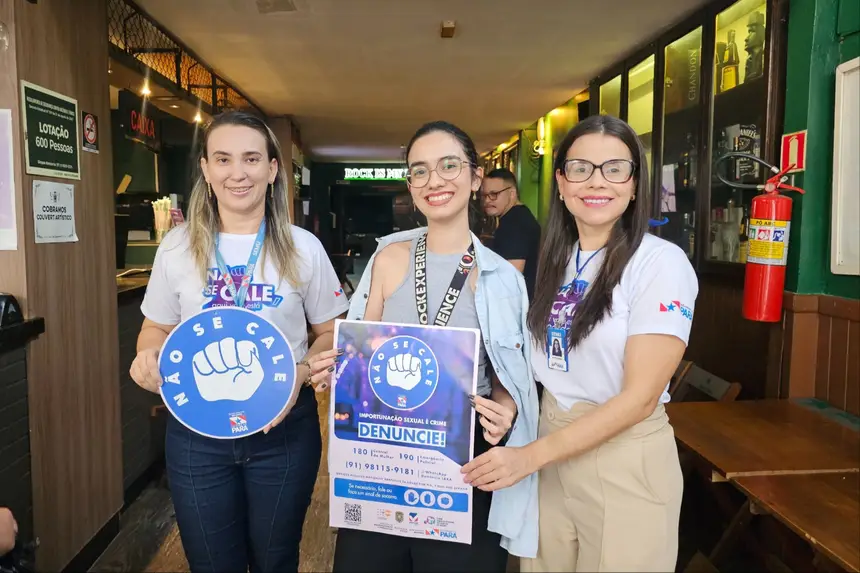
"Voices in Motion"
Reinan Abreu, one of the coordinators of "Voices in Motion – Don't Stay Silent", a course that is part of the protocol's actions, explains that the initiative arose from the need to strengthen citizenship training and awareness about gender violence, aligning education, innovation, and public policies. The initiative is promoted by the State School of Public Governance of Pará (EGPA), through its Innovation and Governance Laboratory (Lab.I.GTEAD), in partnership with Semu.
"The proposal is pioneering in integrating distance education, active methodologies, and educational technologies in a continuous action of awareness and training open to the public. The course addresses fundamental themes such as confronting gender violence and public protection policies, education for equality and a culture of peace, economic autonomy and women's empowerment, masculinities and violence prevention, digital violence and citizenship in the technological era, and non-violent communication and active listening in public service," informs Reinan.
All content is aligned with the Sustainable Development Goals (SDG 5, 10, and 16) of the UN 2030 Agenda. The project, which started its first cycle of activities in August 2025, has already reached over four thousand participants, including state and municipal public servants, managers, educators, community leaders, university students, and representatives of civil society organizations.
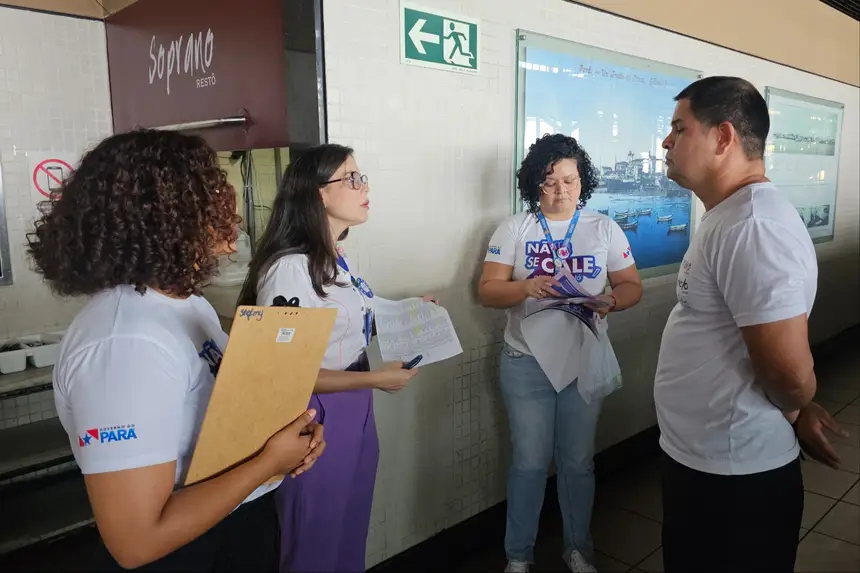
Service:
More information can be obtained on the website of the initiative.


